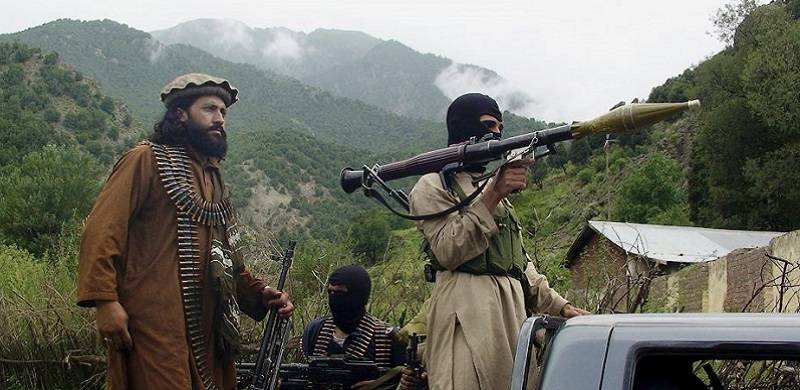
The banned militant outfit Tehreek-e-Taliban Pakistan (TTP) has once again returned to its decade-old practice of extortion, and is targeting the people of Swat Valley with calls for 'donations'.
The height of the TTP's terror was during 2007-2009, but since the Afghan Taliban coming into power across the border, the Pakistani Taliban have been provided a safe haven and are slowly returning to old habits.
The AFP reported that in the year since the Taliban’s return, militant activity in Pakistan has spiked, according to the Pak Institute for Peace Studies, with around 433 people killed.
According to an eery estimate by provincial lawmaker Nisar Mohmand, around 80 to 95 per cent of well-off residents in surrounding districts of Swat are now blackmail victims at the hands of the TTP. “They have their own system of reward and punishment,” said Mohmand. “They have established an alternate government, so how are people supposed to resist?”
Most calls for extortion come from numbers with a +93 code which indicates an Afghan SIM card, and this is often followed by texts or voice messages in Pashto. The texts contain threats that will be meted out if the sum isn't paid; the AFP heard one voice message threatening that an 'action squad' would be sent to the victim's home if they did not comply.
The sum is then sent to an intermediary, who then takes it to the TTP. Victims are expected to make such 'donations' up to five times a year.
Earlier in October, Khyber Pakhtunkhwa Science and Technology Minister Atif Khan claimed he had received an extortion letter from the TTP demanding he pay them Rs 8 million within three days in exchange for his life.
In August, a Swat-based businessman who has been involved in the hotel and transport business for the last two decades was allegedly extorted by members of the banned militant outfit Tehreek-e-Taliban Pakistan (TTP) into paying them a sum of Rs 5 lacs.
The height of the TTP's terror was during 2007-2009, but since the Afghan Taliban coming into power across the border, the Pakistani Taliban have been provided a safe haven and are slowly returning to old habits.
The AFP reported that in the year since the Taliban’s return, militant activity in Pakistan has spiked, according to the Pak Institute for Peace Studies, with around 433 people killed.
According to an eery estimate by provincial lawmaker Nisar Mohmand, around 80 to 95 per cent of well-off residents in surrounding districts of Swat are now blackmail victims at the hands of the TTP. “They have their own system of reward and punishment,” said Mohmand. “They have established an alternate government, so how are people supposed to resist?”
Most calls for extortion come from numbers with a +93 code which indicates an Afghan SIM card, and this is often followed by texts or voice messages in Pashto. The texts contain threats that will be meted out if the sum isn't paid; the AFP heard one voice message threatening that an 'action squad' would be sent to the victim's home if they did not comply.
The sum is then sent to an intermediary, who then takes it to the TTP. Victims are expected to make such 'donations' up to five times a year.
Earlier in October, Khyber Pakhtunkhwa Science and Technology Minister Atif Khan claimed he had received an extortion letter from the TTP demanding he pay them Rs 8 million within three days in exchange for his life.
In August, a Swat-based businessman who has been involved in the hotel and transport business for the last two decades was allegedly extorted by members of the banned militant outfit Tehreek-e-Taliban Pakistan (TTP) into paying them a sum of Rs 5 lacs.

